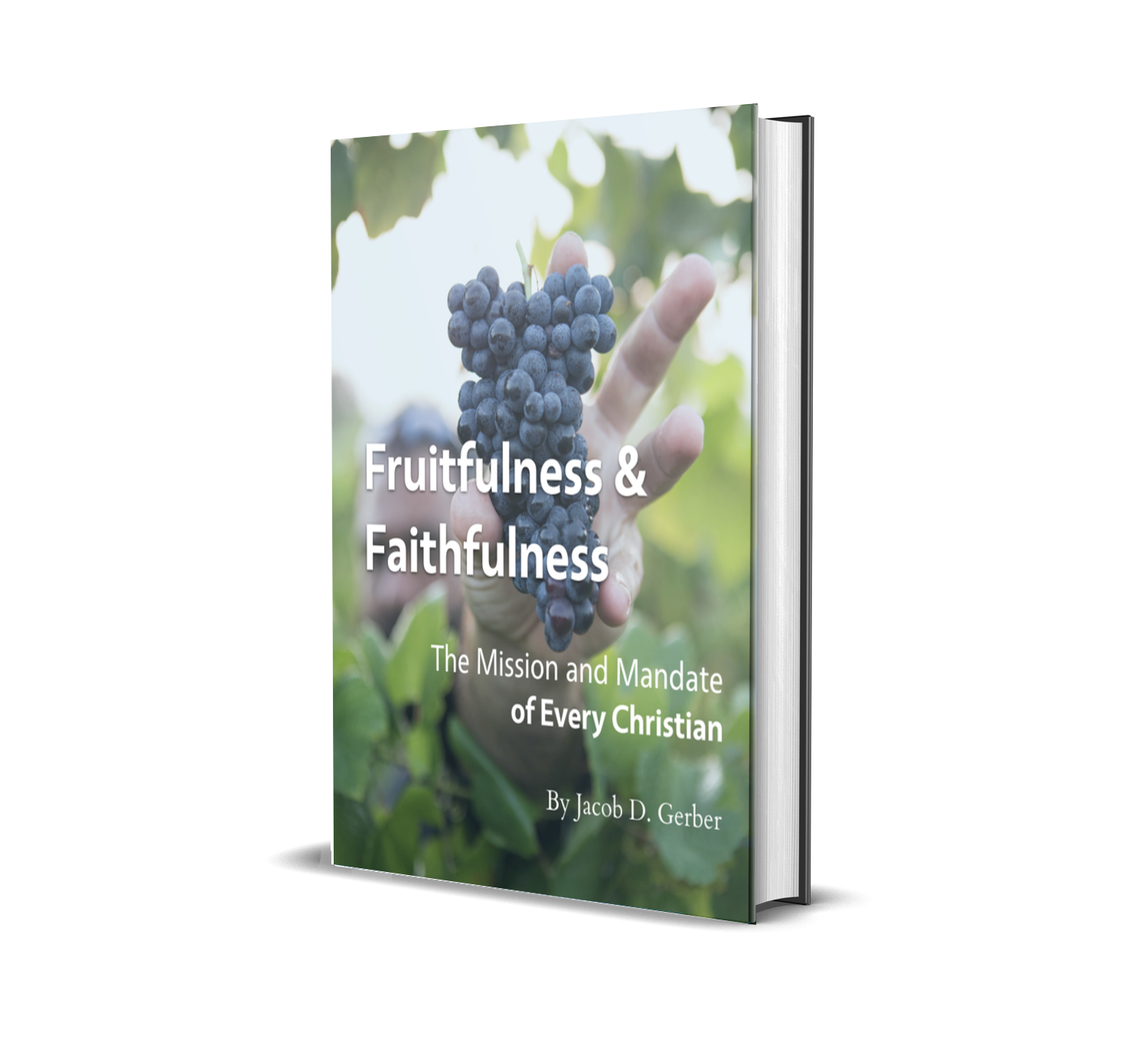Intercessory Prayer under the New Covenant
Intercessory prayer requires the costly blood of a sacrifice. Under the old covenant, only the Levitical priests could intercede for the people in God’s presence in the holy places. Laying hold of the altar of incense with blood-soaked hands, the priests petitioned for God’s covenant mercies on behalf of the people.
Under the new covenant, intercessory prayer is still costly. In fact, intercessory prayer is far costlier.
Jesus’ Intercessory Prayer
Under the new covenant, Christ replaces the Levitical priests (Heb. 7–8). Jesus is the better high priest who operates on better promises (Heb. 8:7).
Part of what makes Christ’s priesthood better is that he offers a better sacrifice. Instead of perpetually offering sacrifices, Jesus offered the once-for-all sacrifice of himself (Heb. 10:10).
But the New Testament also insists that Jesus’ priestly intercession is also better.
Jesus’ High Priestly Prayer
John 17 is the first instance of Jesus’ high priestly intercession. In this “High Priestly Prayer,” Jesus intercedes for himself (John 17:1–5), his disciples (John 17:6–19), and his church (John 17:20–26).
Jesus is not simply praying for his disciples one last time before he goes to the cross. This is the kind of high priestly mediation that formerly only the Levitical priests could offer.
The intercession of the Levitical priests required them to smear sacrificial blood on the horns of the altar of incense (30:10; Lev. 4:7). Jesus’ hands are not yet blood-soaked as he offers the High Priestly Prayer. Nevertheless, Jesus prays with confidence, as though his sacrifice were already complete (John 17:4).
On the basis of the sacrificial blood that he was about to shed, he intercedes with the Father for himself and for his people.
Jesus’ Heavenly Intercession
Jesus did not only offer high priestly intercession before he went to the cross. In fact, Jesus continues to intercede for us in heaven.
So, the Levitical priests cleansed the tabernacle—and specifically the altar of incense—with animal blood. Jesus, on the other hand, cleansed the true tabernacle in the heavenly places with his own blood. The author of Hebrews writes this:
[24] For Christ has entered, not into holy places made with hands, which are copies of the true things, but into heaven itself, now to appear in the presence of God on our behalf. [25] Nor was it to offer himself repeatedly, as the high priest enters the holy places every year with blood not his own, [26] for then he would have had to suffer repeatedly since the foundation of the world. But as it is, he has appeared once for all at the end of the ages to put away sin by the sacrifice of himself. (Heb. 9:24–26)
Christ has purified the heavenly places with the blood of his own, once-for-all sacrifice. Because of this sacrifice, he now “always lives to make intercession” for us (Heb. 7:25). He pleads to his Father on our behalf, asking his Father to remember his covenant with us that Christ sealed by his own blood.
Our high priests intercedes for us by pleading his own blood. Because of his intercession, God applies all the promises of the new covenant to us by the Holy Spirit. That is, God forgives our sins, imputes to us Christ’s righteousness, sanctifies our ungodliness, and purifies the pollutions from our works of obedience to make them acceptable in his sight.
We have a great high priest (Heb. 4:14)!
Our Intercessory Prayer
But Jesus’ high priestly mediation is fundamentally different from that of the Levitical priests in another way. Under the new covenant, Jesus explains that we may come directly into God’s presence. We no longer have to wait outside the holy place of God’s throne room. Jesus does not enter into God’s presence alone on our behalf—he invites us in!
We Pray to the Father Directly
Instead, Jesus insists that we may intercede with the Father directly: “[26] In that day you will ask in my name, and I do not say to you that I will ask the Father on your behalf; [27] for the Father himself loves you, because you have loved me and have believed that I came from God” (John 16:26–27).
Under the old covenant, the priests had to purify the altar of incense regularly with sacrificial blood in order to intercede for the people. Under the new covenant, Jesus’ once-for-all sacrifice has so perfectly cleansed the holy places in heaven that we may approach God directly.
We Enter into the Holy Places
So, we don’t wait nervously outside the temple to hear whether or not God will respond to Christ’s sacrifice with a word of blessing to us.
No—the Father has already told us that he has accepted us in Christ. We may enter like Esther into God’s presence, and the Father assures us that he will extend his golden scepter to permit our presence (Esth. 4:11). Then, he promises to listen to what we have to say. God even promises to respond to us according to all that he has promised to his own Son.
Even more, God urges us to take advantage of these privileges by approaching his throne to intercede for ourselves and for others in prayer:
[19] Therefore, brothers, since we have confidence to enter the holy places by the blood of Jesus, [20] by the new and living way that he opened for us through the curtain, that is, through his flesh, [21] and since we have a great priest over the house of God, [22] let us draw near with a true heart in full assurance of faith, with our hearts sprinkled clean from an evil conscience and our bodies washed with pure water. [23] Let us hold fast the confession of our hope without wavering, for he who promised is faithful. [24] And let us consider how to stir up one another to love and good works, [25] not neglecting to meet together, as is the habit of some, but encouraging one another, and all the more as you see the Day drawing near. (Heb. 10:19–25)
God permits us into his presence, but he does so at the cost of the life of his own Son.
Intercessory Prayer Under the New Covenant
In Christ, we have a better covenant, enacted on better promises, from the better sacrifice of our better high priest. But in Christ, we also have better intercessory prayer. Not only is our high priest’s intercession better, but also that what we may intercede for ourselves.
How, then, shall we escape if we neglect such a great salvation (Heb. 2:3)? Let us, instead, boldly approach the throne of grace according to the riches of God’s mercy toward us in his Son, Jesus Christ!
FREE eBook: Fruitfulness and Faithfulness: God’s Mission and Mandate of Every Christian
Grow in God’s Plan for Your Fruitfulness and Faithfulness

Invest Your Life Well
Discover God’s breathtaking vision for the fruitfulness of his people.
Learn how to live fruitfully and faithfully in the kingdom of Jesus.
Download the free eBook now.
Get the eBook
Bonus: You’ll also get a discipleship assessment tool to evaluate areas for you to grow in fruitfulness and faithfulness.




